Accountability is the ability of one person or group to deliver to the expectations of the other. Sounds simple, doesn’t it? In reality, it’s anything but, and many organisations are struggling with it, and suffering problems with prioritisation and performance. This is where a language of accountability can help.
We’ve all been there. A meeting ends and no one is clear on exactly who has committed to doing what, and by when. Multiplied across large organizations, this lack of clarity has massive consequences. Strategies either don’t get delivered or progress is significantly slower, impacting the top and bottom lines. Talented people leave, engagement plummets, and businesses fail.
Why is accountability so hard?
Accountability is often a challenge because there has been ambiguity about what has been asked for, and no attempt to clarify. As a result, best intentions and vague promises are made, which are often unfulfilled.
Building a language of accountability
To address this challenge, at Walking the Talk we have a clear framework for accountability. In order to be accountable, a conversation between two parties needs to take place. This is critical. One party – the ‘Asker’ – needs to be clear and specific about what they are asking for, explain why, and provide any other useful context. The other party – the ‘Giver’ – needs to ask clarifying questions, and evaluate before providing a considered response. This commitment is sealed with the ‘Promise whereby the Giver gives their word to deliver to the Asker. This forms a contract between the two parties that is regularly monitored and reviewed. On paper it looks so obvious, but if we’re really honest, we often skip over all this and hope for the best.
Business benefits of a language of accountability
By having a language of accountability, you ensure that everyone understands exactly what you mean. When people in your organization get better at asking and giving, and promises are kept, you save enormous amounts of time and money on pointless meetings, duplicated work, and recruitment. Strategies and plans get delivered quicker and with less friction, results come through faster, and trust builds throughout the company. People can understand their role in delivering on your vision, making them more engaged, productive, and profitable. In short, it can transform your culture and your growth.
What are the challenges?
Building this language of accountability can feel hard because for some people it’s seen as a difficult conversation. Askers are typically poor at providing vital context – the why – and/or being explicit about what exactly it is they are asking for. And Givers can sometimes say ‘yes’ too quickly, without thinking through the implications.
Tips for building a language of accountability
For insights on culture view our selection of case studies, ebooks, reports and white papers or contact us to learn how we can transform your culture.

Head Office / Europe:
+31 (0) 20 240 2233
North America:
+1 (0) 212 417 0221
UK: +44 (0) 207 100 6999
Asia Pacific: +61 (2) 8310 5285
Brazil & Latin America: +55 (11) 932 500 683
(WhatsApp available)